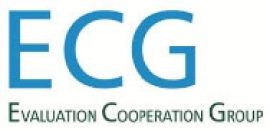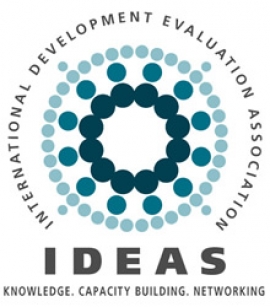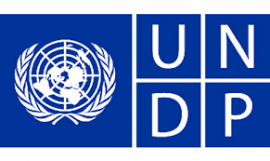The Independent Evaluation Office of the GEF works in close relationships with other entities in the GEF Partnership, including the GEF member countries, the GEF Secretariat, the GEF Agencies, the GEF Scientific and Technical Advisory Panel (STAP), and other stakeholders involved in monitoring and evaluation.
The Office is an active participant in the global evaluation community. IEO is a member of the United Nations Evaluation Group (UNEG), a professional network that brings together the evaluation units of the UN system, including UN departments, specialized agencies, funds, programs, and affiliated organizations. IEO is an observer in the Evaluation Cooperation Group (ECG) of the international financial institutions. IEO is an institutional member of the International Development Evaluation Association (IDEAS).
The IEO collaborates with universities, and research institutes on specific methodological and analytical work, to ensure that the most relevant methodologies are applied in evaluations. We also engage with global, regional and national evaluation associations or organizations.






